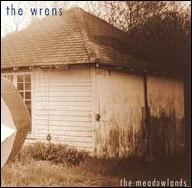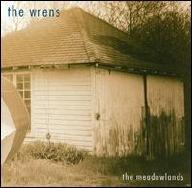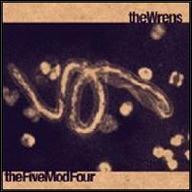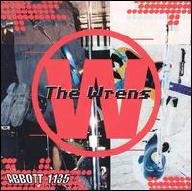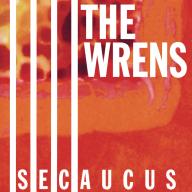In 1994, the Wrens released their debut album, Silver, which mixed the dream pop of bands like My Bloody Valentine and Chapterhouse with the quirky indie rock for which they would become better known. The album received generally good reviews, and the Wrens got even better ones for their second album, 1996's Secaucus. Meanwhile, Grass/Dutch East India was bought by Alan Melzter, who wanted to take the label in a more hit-oriented direction. Melzter wanted the Wrens to sign a million-dollar contract and tailor their music to make it more radio-friendly. The group balked, and they were dropped from the label. Interestingly, Grass eventually became Wind-Up Records, home to the multi-million-selling Creed.
The band soldiered on, keeping their day jobs and recording and releasing their music when they could; in 1997 they issued the Abbott 1135 EP for Ten 23, the label of the A&R contact that had signed them to Grass in the first place. While several labels courted the Wrens, none of them fit the band. For a moment the Wrens were going to be part of Drive Thru's roster and even appeared on a 1999 sampler for the label, but the plans fell through. As the millennium turned, the group continued to record consistently -- a situation that was facilitated by having all the bandmembers except MacDonnell, who moved out in 1996, live in the same house and use the dining room as their studio. By 2002, the Wrens had readied their third album, Meadowlands, and had found a home for it: Absolutely Kosher, which was run by the band's longtime friend Cory Brown. The album was finally released the next summer to nearly universal critical acclaim. ~ Heather Phares, Rovi


